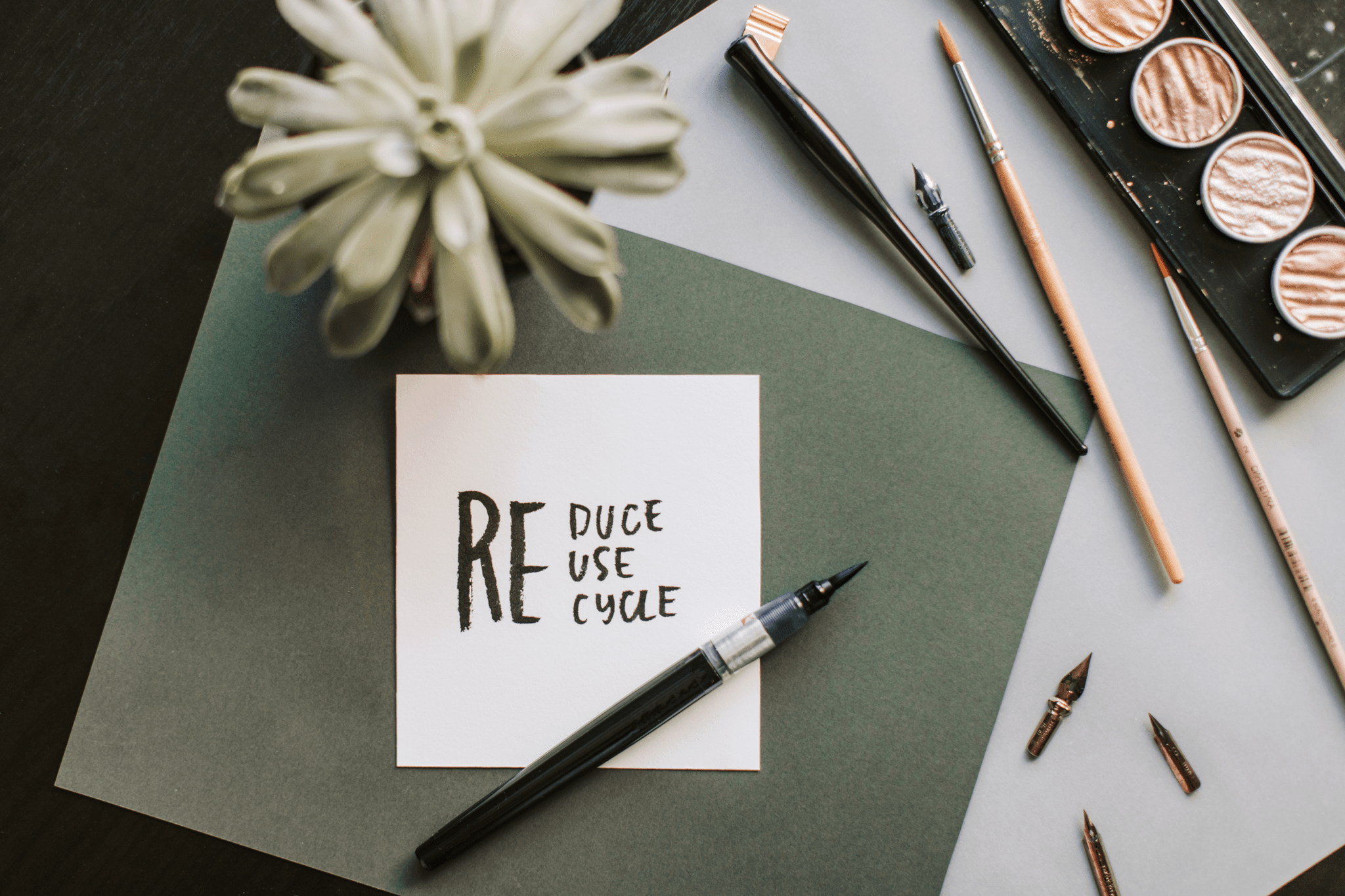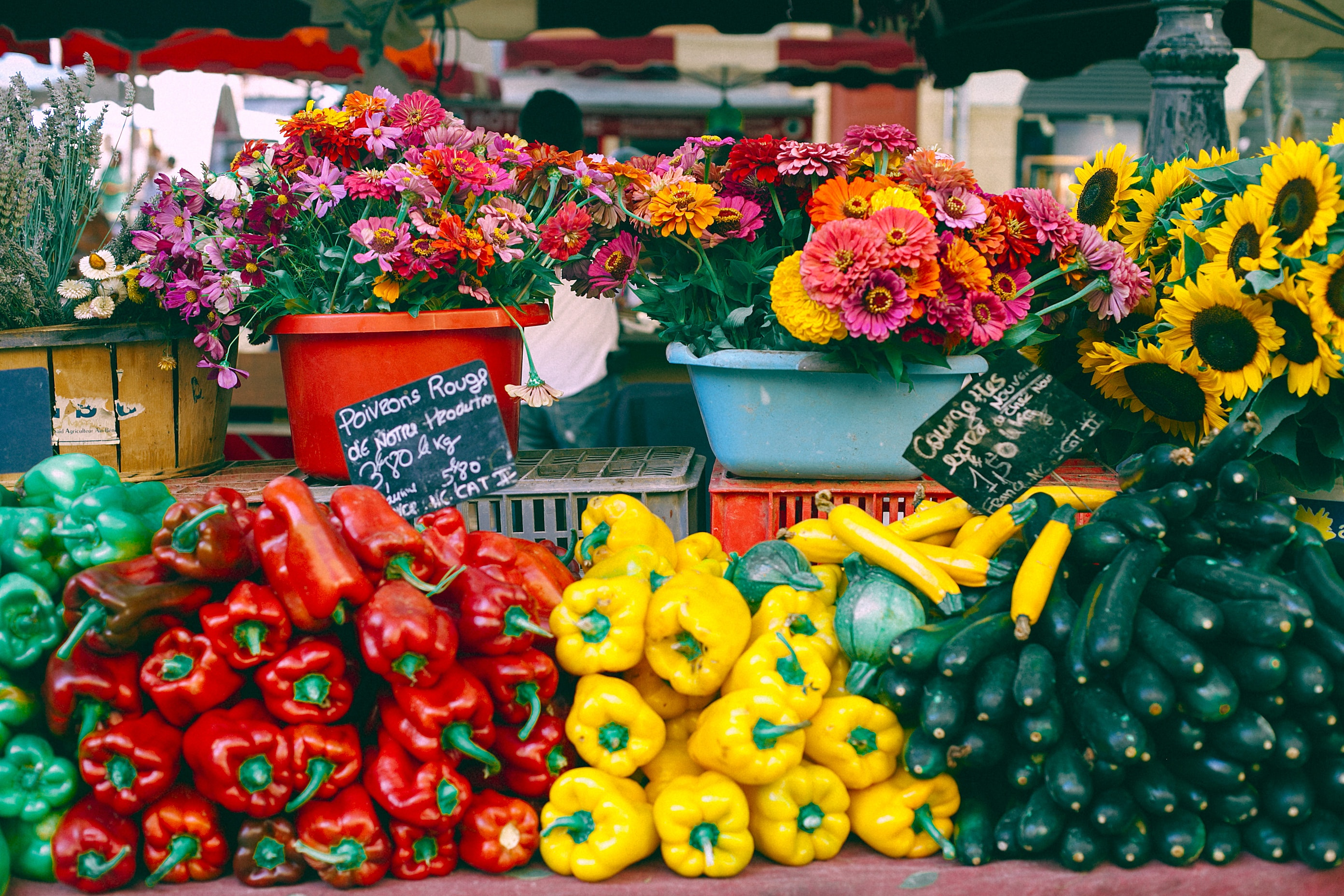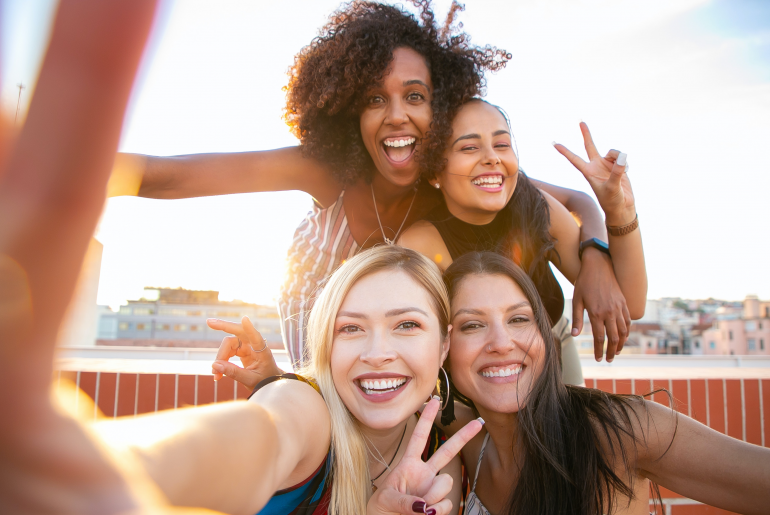As we enter 2023, sustainability is at the forefront of many people’s minds, including those planning their weddings. Sustainability is becoming an increasingly important consideration in modern weddings, as more couples are seeking to reduce the environmental impact of their celebrations. Below is a handy guide to sustainable wedding planning.
There are several reasons why sustainability is important in modern weddings:
- Environmental Impact: Weddings can have a significant environmental impact, from the carbon emissions generated by travel to the waste produced by disposable decorations and single-use items. By making sustainable choices, couples can reduce their impact on the environment and help protect natural resources.
- Social Responsibility: Weddings are a celebration of love and commitment, but they also have social implications. By incorporating sustainable practices into their weddings, couples can demonstrate their commitment to social responsibility and inspire others to follow their lead.
- Cost Savings: Many sustainable choices, such as using locally sourced and seasonal flowers or renting tableware instead of buying disposable items, can also save couples money. This can help make weddings more affordable and accessible to a wider range of people.
Overall, sustainability is important in modern weddings because it promotes responsible and conscious consumption, reduces environmental impact, and can save couples money. By making sustainable choices, couples can create a beautiful and meaningful wedding celebration that reflects their values and contributes to a better future for all.
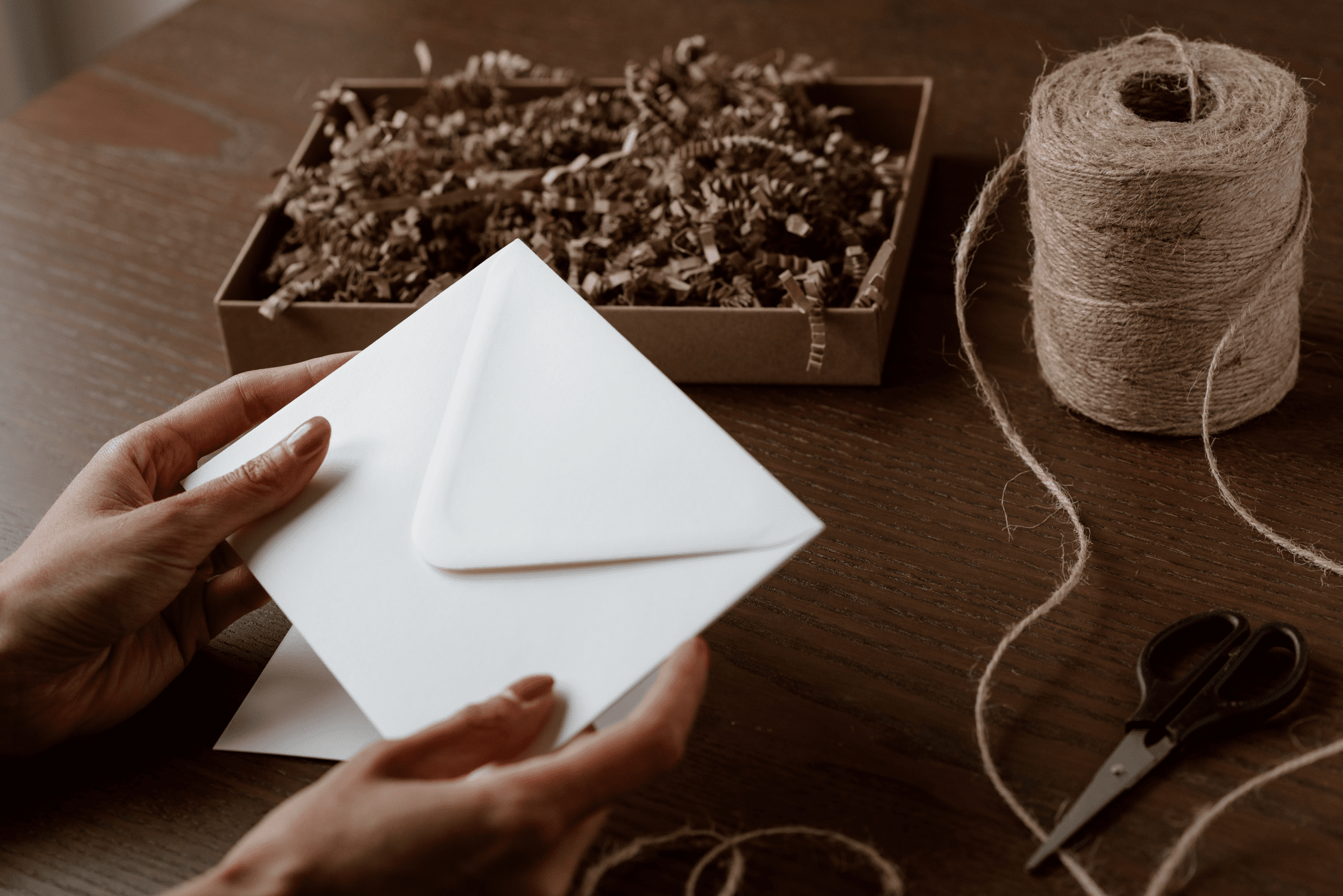
Here are ten sustainable wedding planning ideas for 2023 that will help you create a celebration that’s both memorable and eco-friendly.
- Choose an eco-friendly venue
- Use recycled paper for invitations
- Serve locally-sourced food & use compostable dinnerware
- Choose seasonal flowers
- Use LED lighting
- Offer reusable favors
- Rent or borrow decor
- Opt for a digital guest book
- Donate leftover food: Many food banks and shelters accept donations of leftover food from events. Contact local organizations to see if they can accept donations from your wedding.
- Sustainable wedding attire & ethical jewelry
1. Eco-Friendly Venue Options
Choosing an eco-friendly wedding venue can help you reduce your wedding’s carbon footprint and make a positive impact on the environment. Here are some steps you can take to choose an eco-friendly wedding venue:
- Look for green certifications: Many eco-friendly wedding venues have certifications from organizations that specialize in sustainability. Look for venues that have certifications such as LEED, Energy Star, or Green Seal.
- Consider the venue’s location: Choosing a venue that is close to public transportation or has bike parking can help reduce emissions from transportation.
- Ask about the venue’s energy use: Ask the venue what steps they take to reduce their energy use. Do they use renewable energy sources such as solar or wind power? Do they have energy-efficient lighting and appliances?
- Look for venues with sustainable practices: Some eco-friendly venues have sustainable practices, such as composting or recycling. Ask the venue what steps they take to reduce waste.
- Consider the venue’s food and beverage options: Choose a venue that serves locally sourced and organic food and beverages. This can reduce the environmental impact of shipping and transportation.
- Check if the venue supports local communities: Consider venues that support local communities, such as sourcing from local farmers and using locally-made products.
2. Green Wedding Invitations
Choosing green invitations for your wedding can be a great way to help create a sustainable wedding. Here are some tips for choosing green invitations:
- Use recycled paper: Choose invitations made from recycled paper. Look for paper that is made from post-consumer waste and is certified by organizations such as the Forest Stewardship Council (FSC) or the Sustainable Forestry Initiative (SFI).
- Choose digital invitations: Consider using digital invitations instead of paper invitations. This can help reduce paper waste and save energy.
- Use plantable paper: Plantable paper is a type of paper that contains seeds. After the invitation is used, it can be planted and will grow into flowers or herbs. This is a great option for couples who want to create a lasting memory for their guests.
- Avoid embellishments: Avoid using embellishments such as ribbons, bows, or glitter, as these can make the invitations difficult to recycle.
- Keep it simple: Choose simple, minimalist designs that use fewer materials and require less energy to produce.
- Choose non-toxic inks: Choose invitations that are printed with non-toxic inks, such as vegetable-based inks or soy-based inks.
- Use recycled envelopes: Choose envelopes made from recycled paper and avoid using plastic or foil-lined envelopes.
3. Sustainable Catering & Using Compostable Dinnerware
When planning a sustainable wedding, choosing sustainable catering and compostable dinnerware are important steps toward reducing the environmental impact of your big day while still enjoying delicious food and a beautiful presentation. Here are some tips on how to choose sustainable catering and use compostable dinnerware for your wedding:
- Serve locally-sourced food: Look for a caterer that sources ingredients from local farms or food co-ops. This helps reduce transportation emissions and supports the local economy.
- Opt for plant-based and vegetarian options for the menu: Choosing plant-based or vegetarian food options reduces the carbon footprint of meat production and supports sustainable agriculture.
- Choose compostable dinnerware: Instead of using disposable plates and utensils, consider using compostable dinnerware made from materials like bamboo, palm leaves, or sugarcane. These items can be composted after use and help reduce waste.
- Consider renting dinnerware and flatware instead of using disposable options: Renting dinnerware is another avenue for reducing waste and is often more cost-effective than purchasing disposable dinnerware.
- Make sure there are adequate composting facilities available at your wedding venue: Work with your caterer and venue to ensure that compostable materials are collected and composted properly.
4. Choose seasonal flowers
Choosing seasonal flowers for wedding decorations is a great way to create a sustainable celebration that is both beautiful and environmentally conscious in several ways:
- Reduced carbon footprint: When flowers are sourced locally and in-season, it reduces the carbon footprint associated with transportation, refrigeration, and other resources required to maintain out-of-season blooms.
- Less use of pesticides: Locally grown flowers are more likely to be grown using natural and organic methods, which reduces the use of harmful pesticides and chemicals.
- Reduced waste: Using seasonal flowers means there’s less likelihood of having to discard leftover flowers that didn’t sell or weren’t used. This reduces waste and helps to ensure that resources are used efficiently.
- Supporting local farmers: Choosing seasonal flowers supports local farmers, which helps to keep the money within the community and supports sustainable farming practices. Plus, seasonal flowers tend to be less expensive and more readily available.
5. Energy-Efficient Lighting
Choosing energy-efficient lighting can help you reduce your environmental impact, save money, and create a sustainable atmosphere for the event in several ways:
- Reduce Energy Consumption: By choosing energy-efficient lighting, you can reduce the amount of energy consumed during the wedding. This can help to reduce greenhouse gas emissions and minimize the carbon footprint of the event.
- Lower Energy Costs: Energy-efficient lighting options, such as LED bulbs, are more efficient and use less energy than traditional lighting options. (An additional bonus is LED lighting creates a beautiful ambiance with a warm, soft light!) This can help you save money on your energy bills, which can be beneficial for both the couple and the environment.
- Create a Sustainable Atmosphere: Energy-efficient lighting can also create a sustainable atmosphere for the wedding. LED bulbs produce a warm, inviting glow that can create a romantic, cozy ambiance for the wedding while still being energy-efficient.
By choosing energy-efficient lighting for your wedding, you can set an example for your guests and show them that sustainable choices can be made in all aspects of life, including weddings. Solar-powered lanterns and LED string lights can create a cozy and intimate wedding atmosphere by emitting soft and warm lighting, being versatile, suitable for indoor and outdoor use, and eco-friendly.

6. Zero-Waste Wedding Favors
A zero-waste wedding favors idea can be a great way to reduce waste and promote sustainability on your special day. Here are some ideas you and your wedding guests will love:
- Potted Plants – Give your guests potted plants as wedding favors to take home and grow. You can choose plants that are easy to care for and can grow well indoors or outdoors.
- Seed Packets – Give guests packets of seeds that they can plant in their garden at home. You can choose seeds that are easy to grow and native to your area.
- Reusable Straws – Give guests reusable metal or bamboo straws to take home. This is a great way to reduce plastic waste and encourage sustainable living.
- Beeswax Wraps – Beeswax wraps are a sustainable alternative to plastic wraps. They are reusable and can be used to cover food, wrap sandwiches, or even cover bowls.
- Homemade Jam or Honey – Give guests jars of homemade jam or honey made from local ingredients. This is a great way to support local farmers and reduce waste.
- Glass or Metal Water Bottles – Give guests reusable glass or metal water bottles to take home. This is a great way to reduce plastic waste and encourage sustainable living.
- Handmade Soap – Give guests handmade soap made from natural ingredients. This is a great way to promote sustainable living and reduce waste.
- Upcycled Decorations – You can also give guests upcycled decorations from your wedding. This could be a mason jar filled with flowers, a burlap table runner, or even a piece of driftwood.
Remember, the key to creating zero-waste wedding favors is to think about sustainability and reusability. Choose items that your guests can use again and again, and that will be used long after the wedding is over.
7. Eco-Friendly Decor
There are plenty of eco-friendly decor options that can add charm and sustainability to your wedding day. Here are a few ideas:
- Use natural materials: Opt for decor made from natural and biodegradable materials such as burlap, jute, bamboo, and organic cotton. These materials are not only sustainable but also add a rustic charm to your wedding decor.
- Potted plants: Use potted plants as centerpieces or decor throughout the venue. Plants not only add a touch of greenery but also help to purify the air.
- Upcycled decor: Look for upcycled decor items such as old frames, vintage bottles, and recycled glassware. These items can be repurposed and used as vases, candle holders, or centerpieces.
- Rent or borrow decor: Instead of buying new decor items, consider renting or borrowing them. This reduces waste and also saves you money. Many rental companies offer various decor options, including table linens, chairs, and centerpieces.
- Biodegradable confetti: If you want to use confetti, opt for biodegradable options made from dried leaves or flowers.
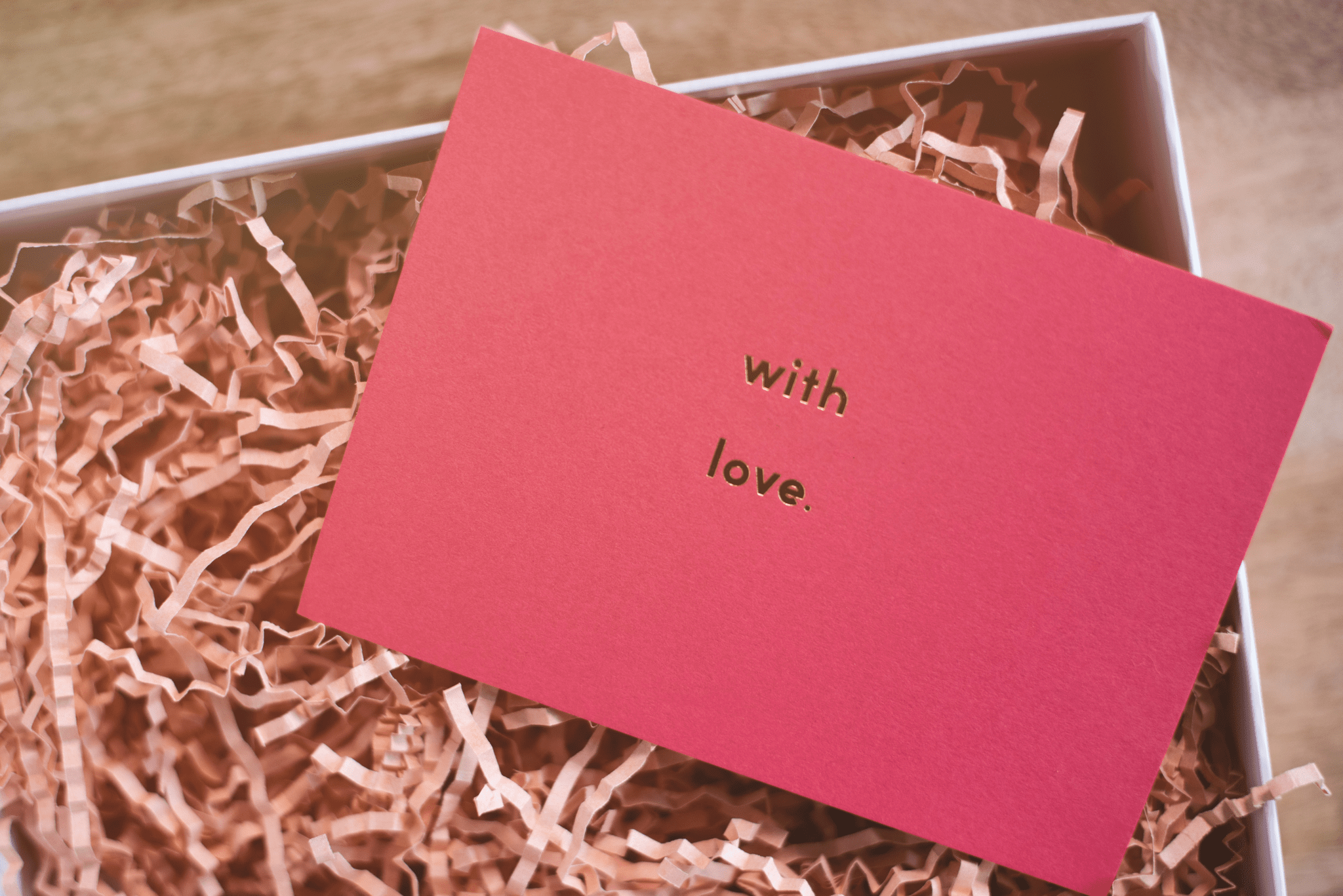
8. Opt for a digital guest book
A digital guest book not only reduces paper waste but also allows guests to share their good wishes and photos online, creating a lasting memory that can be accessed from anywhere.
- Reducing paper waste: With a digital guest book, there is no need for physical paper and pen, which can contribute to paper waste. By using a digital guest book, couples can reduce their carbon footprint and help to conserve natural resources.
- Encouraging virtual participation: A digital guest book can allow guests who are unable to attend the wedding physically to still participate virtually. This can reduce the need for travel and accommodation for guests, ultimately leading to a smaller carbon footprint for the wedding.
- Preservation of memories: A digital guest book can also help preserve memories of the wedding in a sustainable way. With a physical guest book, there is always a risk of it getting lost or damaged over time, whereas a digital guest book can be easily stored and accessed for years to come.
Overall, a digital guest book is an environmentally friendly option for couples who want to have a sustainable wedding while still capturing memories of their special day.
9. Donate leftover food
Donating leftover food from a wedding is a great way to create a sustainable wedding and make a positive impact on your community.
- Food waste is a major issue globally, and weddings are no exception. By donating leftover food from a wedding, you can help reduce food waste and provide food for those who are in need.
-
There are several ways to donate leftover food from a wedding. You can donate it to a local food bank or shelter, or you can work with an organization that specializes in food recoveries, such as Food Recovery Network or Second Harvest. These organizations can help you connect with local food banks and other nonprofits that can accept your leftover food and distribute it to those in need.
10. Sustainable Wedding Attire & Ethical Jewelry
Creating sustainable wedding attire can involve several considerations, including the materials used, the production processes, and the ethical practices of the manufacturers. Here are some tips for creating sustainable wedding attire:
- Choose eco-friendly fabrics: Look for fabrics that are made from sustainable materials, such as organic cotton, hemp, linen, bamboo, or recycled polyester. These materials have a lower environmental impact compared to conventional materials like synthetic fabrics, which are made from petroleum.
- Consider second-hand or vintage: You can also consider second-hand or vintage wedding attire, which can be a great way to reduce waste and give old clothing a new life. You can find pre-loved wedding dresses, suits, or accessories at thrift stores, consignment shops, or online marketplaces.
- Support ethical and local brands: Look for wedding attire made by brands that prioritize ethical and sustainable practices, such as fair labor conditions and using eco-friendly materials. You can also support local designers or artisans who create wedding attire with sustainable practices.
- Opt for timeless designs: Choosing timeless designs that can be worn beyond the wedding day can also be a sustainable choice. This means avoiding trendy or fast fashion styles that may only be worn once and quickly go out of style.
- Avoid excessive embellishments: Limiting the use of embellishments such as sequins, beads, or feathers can reduce the environmental impact of the wedding attire. These materials are often made from non-biodegradable plastics or require energy-intensive production processes.
By considering these tips, you can create sustainable wedding attire that aligns with your values and reduces your wedding waste and environmental impact.
Ethical jewelry is important because it promotes sustainable practices within the jewelry industry, which has traditionally been associated with harmful environmental and social impacts. The term “ethical jewelry” refers to jewelry that is created using environmentally responsible and socially conscious methods, such as using recycled metals, ethically sourced gemstones, and fair labor practices.
In the context of a sustainable wedding, ethical jewelry can play an important role in reducing the overall environmental footprint of the event. By choosing jewelry that is created using sustainable practices, couples can ensure that they are supporting responsible and ethical practices within the jewelry industry. This can help to reduce the negative environmental and social impacts that are often associated with traditional jewelry production.
In addition to its environmental benefits, ethical jewelry also has important social benefits. By supporting fair labor practices and ethical sourcing of materials, couples can help to promote social justice and improve working conditions for those who work in the jewelry industry.
Overall, the importance of ethical jewelry in creating a sustainable wedding lies in its ability to promote environmentally responsible and socially conscious practices within the jewelry industry, while also providing couples with beautiful and meaningful jewelry options that align with their values and beliefs.
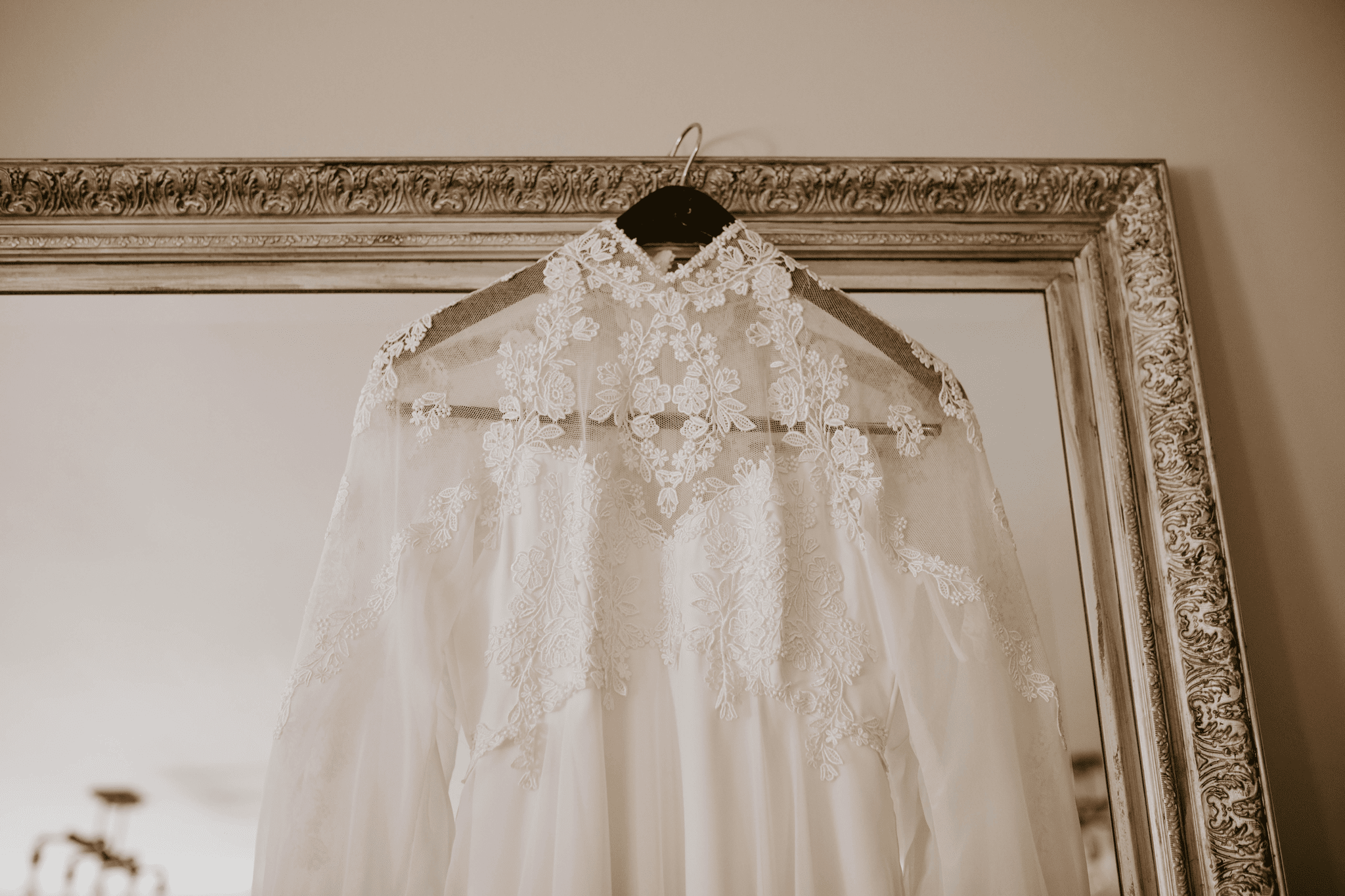
Conclusion
By incorporating these sustainable wedding planning ideas into your special day, you can create a beautiful celebration that is both memorable and eco-friendly. Not only will you be making a positive impact on the environment, but you’ll also be setting an example for others to follow.
Let’s connect! Follow our journey on Instagram!
Sign up for a free account on Mango & Lola
Read more on our Blog

